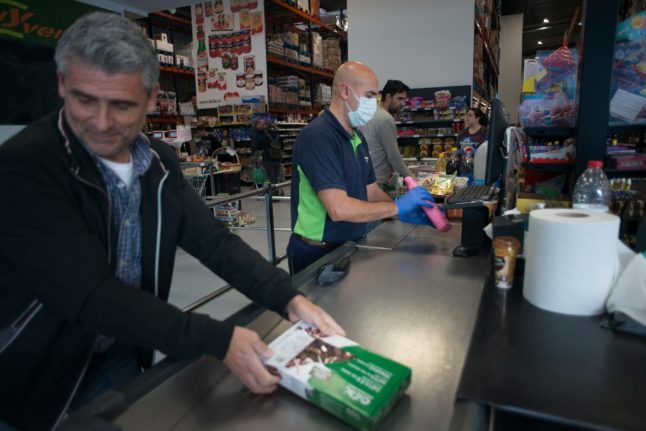Born in the Umbría region in Italy, the 28-year-old graduate of International Law shares his own experience about finding a job abroad and seizing good opportunities.
How did you decide to set up goeurope.es?
I had been travelling in different countries, and I enjoyed many scholarships from European programs. I managed to get into several international projects all over the world. Because of that I’ve been able to learn languages and set up a good contact network. I came up with the business idea when I realized how many people are willing to have an experience abroad but they simply don’t know how to start. I thought about how I could make some steps of the process easier.
Why did you choose Spain?
I’ve been settled in Valencia for almost three years and I really like the city. It’s true that setting up a company is hard sometimes, lots of paperwork and dealing with various institutions. I don’t think it is any different to Italy though. I certainly think the cost of the website has been lower here. My partners, Marcel and Violeta are locals and have been involved in other ventures before, so that has been helpful with the bureaucracy. It is really important to be in touch with local people to set up a business.
What is the main goal of the website?
One of Goeurope.es’s purposes is to show the amount of opportunities (scholarships, networking programmes, exchange programmes) that are out there. We keep up to date with every new European training development. We make the lesser-known activities of European institutions public. Opportunity happens, sometimes people just need to know where to look!
Do you think your website meets young students concerns?
Young people are very keen on international experiences. When I go to university talks, I can see students are really interested in doing their professional training abroad. But there are plenty of options for all ages. For instance, we’ve managed to find job placements in the UK, Ireland and Wales for professionals from the local television station which has closed-down. These people have a professional background and now they are improving their language abilities and upgrading their profiles. It’s never too late to get work experience abroad.
Any advice for future expats?
Seize opportunities and don’t think twice, keep in mind that perfect working conditions don’t exist. Be aware of what the different European institutions offer. But forget the cliché of the Spanish person going to London to work as a waiter and then getting a good job. That is not working anymore.
What kind of jobs did you have before setting up the website?
I have been in lots of different jobs, mostly during my two years in Australia. I went there for two months and continued switching from job to job, from city to city. Then I came to Valencia and I started to work in a Project called IDEA in the town hall of Alzira. Afterwards, I worked in a private human resources corporation in Valencia. Both were focused on studying and working abroad. But I’ve always wanted to be my own boss, even when that means no work schedules and a bigger workload.
What is your opinion of Valencia?
I simply love it. The sea is next to the city, it’s a very nice place to live and it is not at all expensive. When I came here almost three years ago, I knew I wanted to stay here. It is the third time I’m going to see the Fallas, so I can tell you that the party is growing bigger year by year. There’s a great atmosphere of entrepreneurism too, and every expat I know is very happy with their life here. There are real possibilities to develop your business ideas.
Interview by Agustin Millan, a Spanish journalist student based in Valencia



 Please whitelist us to continue reading.
Please whitelist us to continue reading.